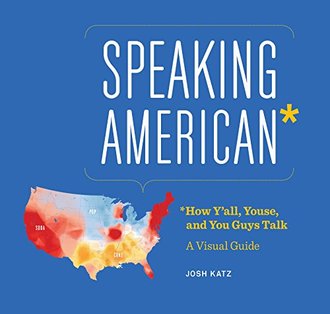Review of DON'T BELIEVE EVERYTHING YOU THINK, EXPANDED EDITION
by Johny McFliggen, PhD Literature & Business, Oxford
In the vast, echoing halls of self-help literature, where authors often indulge in verbose hand-holding and saccharine affirmations, Joseph Nguyen's "Don't Believe Everything You Think, Expanded Edition" stands as a more thoughtful and philosophical endeavor. Nguyen invites us into a cerebral dialogue, not unlike Neo's awakening in "The Matrix," urging readers to challenge the veracity of their thoughts. It's a shame that the book's title doesn't quite capture the intellectual depth Nguyen offers within its pages.
Nguyen's exploration of thought as an unreliable narrator in our lives is a refreshing deviation from the typical fare in this genre. Similar to Eckhart Tolle's "The Power of Now," Nguyen encourages a detachment from unhelpful thought patterns, but with a less mystical, more pragmatic approach. His prose is clear and accessible, perhaps to a fault, as some may find the simplicity bordering on repetitive—a common critique echoed by the more cynical corners of the self-help readership.
One cannot help but draw comparisons to Daniel Kahneman's "Thinking, Fast and Slow," albeit Nguyen's work lacks the rigorous scientific underpinning of Kahneman's magnum opus. Instead, Nguyen leans on relatable anecdotes and practical advice, which, while lacking empirical heft, provide an approachable gateway for those uninitiated in the complexities of cognitive psychology.
The expanded edition promises more depth, akin to a director's cut that adds layers rather than just padding. However, without explicit details on what these new insights entail, one must rely on the author's reputation and past performance—a gamble not unlike trusting your GPS without checking the route first.
While Nguyen hasn't scooped up any prestigious awards with this book, it seems his true accolades come from the testimonials of everyday readers seeking solace and clarity. Much like the cult followings that some indie films gather despite lacking mainstream recognition, Nguyen's book finds its strength in its audience's appreciation.
In sum, "Don't Believe Everything You Think" succeeds in challenging its readers to become more mindful architects of their mental landscapes. It may not revolutionize the field or present groundbreaking theories, but it does serve as a gentle yet firm reminder that not all our thoughts are gospel truth. For those looking to escape the cacophony of their own minds and embrace a quieter introspection, Nguyen offers a worthy companion on the journey.
Purchase Link: DON'T BELIEVE EVERYTHING YOU THINK, EXPANDED EDITION on Amazon



